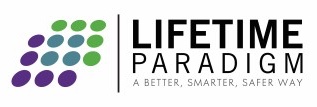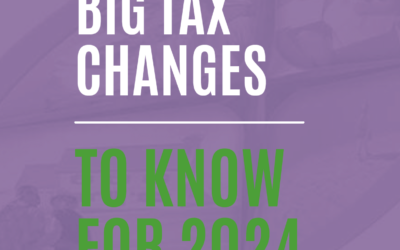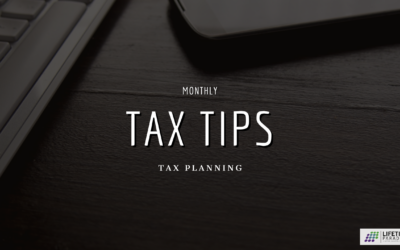The Smart Asset Protection
Hack-Proof Your Remote Office Setup
As COVID-19 continues to spread across the globe, many people find themselves working from home for the first time. While there are many things to get used to when adjusting to remote work, ensuring that your setup is secure should be a top priority. If you are a business owner, you must give your employees resources and information on how they can do their jobs from home while keeping data and networks safe.
1. Make sure connections are secure
As employees connect from home to handle sensitive work documents, you must ensure that everyone is connected to the Internet securely. All businesses should have employees connecting to a virtual private network (VPN) during the workday.
A VPN creates a secure, encrypted Internet connection to connect your device to your company’s network. While connected to your regular Wi-Fi, it creates a secure tunnel between a device and the network. This makes it more difficult for hackers to infiltrate your system. Without a VPN, hackers could access your network through insecure employee Wi-Fi.
There are many different VPNs to choose from—some are paid and some are free. We recommend choosing a paid option in these cases. You can review some of the more popular VPN services here.
You should also be sure that Wi-Fi is password-protected with a strong password.
2. Keep Software Updated
Another thing employees must do when working remotely is to keep their devices up-to-date. That means updating all software on devices including operating systems, Microsoft Office programs, browsers, and more. If you are a business owner, share information on the importance of updating software with employees during this time and give them instructions on how to do so.
Keeping software up to date closes security vulnerabilities hackers can attack to get into your network. If your employees are using their own devices to work from home, you should also inquire about the antivirus software they are using. If they do not have antivirus, you should consider purchasing a program for them.
3. Protect Accounts
Using strong passwords and two-factor authentication is always best practice, but especially during these times of widespread remote work. As hackers move to take advantage of an influx of people working remotely, everyone should be protecting online accounts with extra security.
If you don’t already use a password manager, now is a good time to consider starting. A password manager is a protected vault to store all of your passwords. Instead of needing to remember thousands of passwords, you only need to remember a Master Password to open the vault. This technology cuts down on people using the same password for multiple accounts.
Employees should be using two-factor authentication wherever possible as well. Two-factor authentication offers an additional layer of security to your account because it requires something you know (your password) and something you have (your device). When two-factor authentication is enabled, you will be required to enter a one-time code after your password. This code is sent to your phone via text message or authenticator app. Even if a hacker has your password, they would not be able to log into your account without the code.
4. Beware of Scams
Unfortunately, hackers have not let up on scams during this global pandemic. In some cases, they are even using the virus to spread malware. It is important to be especially aware of phishing scams during these times. Many organizations are reporting that hackers are sending phishing emails pretending to be the World Health Organization or others with checklists and information on COVID-19 prep. Review how to handle these emails here and remember to not open emails from outside your organization on this topic.
For additional information on Cyber Security, check out my past post, 9 Simple and Free Things You Can Do Now To Protect Your Personal and Private Information. There is a link to a podcast with Attorney, Mark Kohler, and I, addressing the topic of Cyber Security. The advice I gave back then is just as viable today as it was then. In addition, I provided a Cyber Security Audit checklist to assess your individual risks. Here is the link to the podcast and the audit.

Your Co-Owned Business Probably Needs a Buy-Sell Agreement
Tax PlanningBradford Tax InstituteSay you’re a co-owner of an existing business. Or you might be buying an existing...
Big Tax Changes to Know for 2024
Financial Guides2024 has brought some big tax changes with it. It’s essential to stay informed about these...
The Smart Tax Planning Newsletter March 2024
Tax PlanningIn This Issue: IRAs for Young Adults Get Up to $32,220 in Sick and Family Leave Tax Credits New Crypto Tax...





